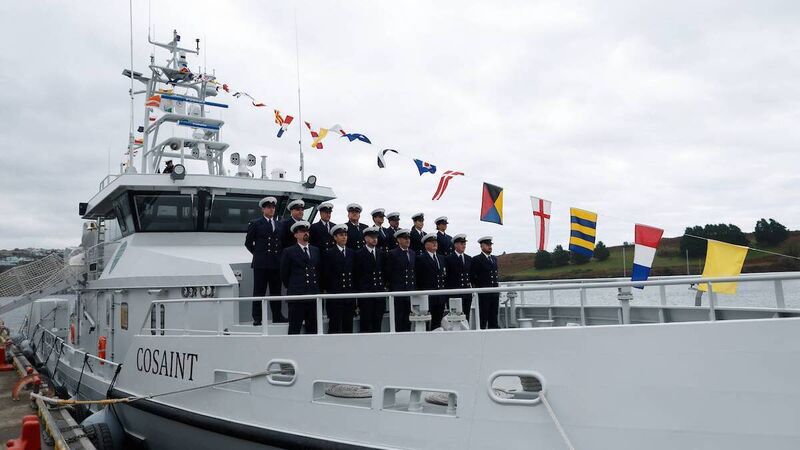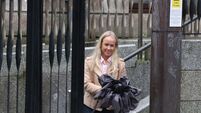‘Ireland is awash with cocaine — we’re losing the battle,’ warns former Navy commander

Revenue's new Customs cutter ‘Cosaint’ will monitor and patrol Ireland’s 3,173km of coastline. Picture: Revenue
A new €9m Customs ship, which will begin anti-smuggling patrols from the Cork coast in the coming weeks, has been welcomed by a former naval officer and expert on countering maritime drug trafficking.
Eugene Ryan, former navy commander and founding member of the international drug trafficking surveillance centre MAOC (N), said that Revenue and Customs officials have extensive maritime powers and are vital in the ongoing fight against major international drug trafficking into and through Ireland.














